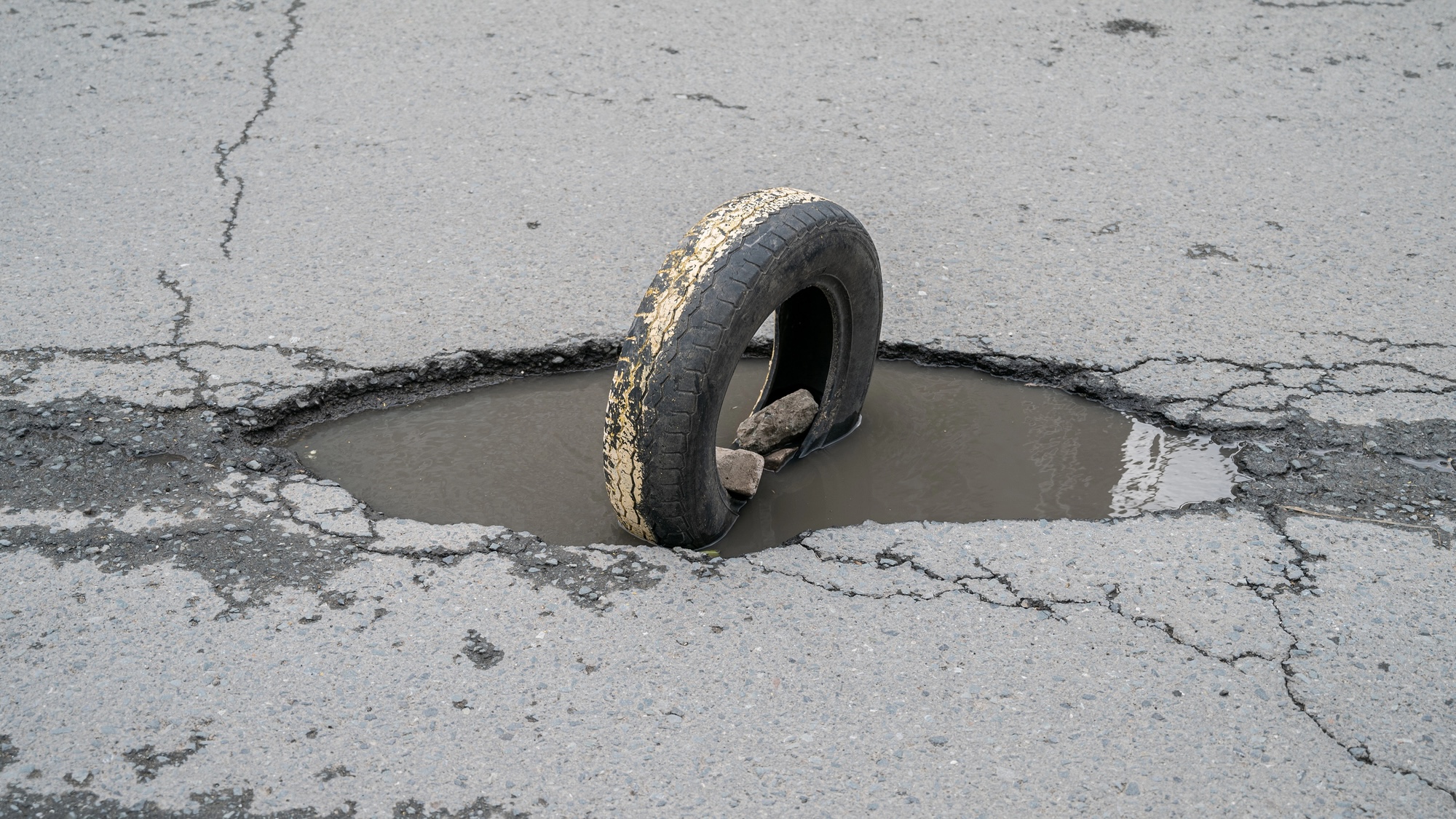US public health system is flying blind after major cuts
NegativeScience

The recent layoffs by the Trump administration have left the US public health system in a precarious position, as key government workers responsible for vital health surveys have been let go. This is concerning because it means the country will struggle to gather essential data on births, deaths, and illnesses, which are critical for effective health policy and response. Without this information, public health initiatives may falter, impacting the well-being of communities across the nation.
— Curated by the World Pulse Now AI Editorial System






